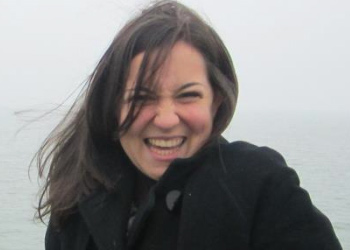
About four months ago, my husband and I welcomed our second child, Maddy, into the world. Unlike 20 months earlier, when Oliver was born, we weren’t ...

About four months ago, my husband and I welcomed our second child, Maddy, into the world. Unlike 20 months earlier, when Oliver was born, we weren’t ...

As I began to delve into the results of our first-ever State of CLASS survey data, I thought, “Am I about to be out of a job?” Immediately I noticed ...

A SUCCESS STORY: Georgia DECAL is a bit of a hero around these parts. When we talk about states and programs that have successfully implemented ...

I’m a bit of what some would call a perfectionist. In school, I was devastated if I didn’t receive an A. In the swimming pool or in a regatta, first ...

At the QRIS National Meeting in July, I sat in on a session about the next generation of quality rating and improvement systems (QRIS) and learned ...

Charlottesville, VA – Teachstone®, a leader in the field of quality early childhood education, announced that Dr. Jennifer Park has joined the ...

A few months ago, I came upon this article by Christina Quattrocchi at EdSurge. It spoke to so many of the themes we are seeing in professional ...

Three weeks into 2015 and I’ve made some headway on my personal new year’s resolutions. I’ve been planning out my meals and grocery shopping on ...